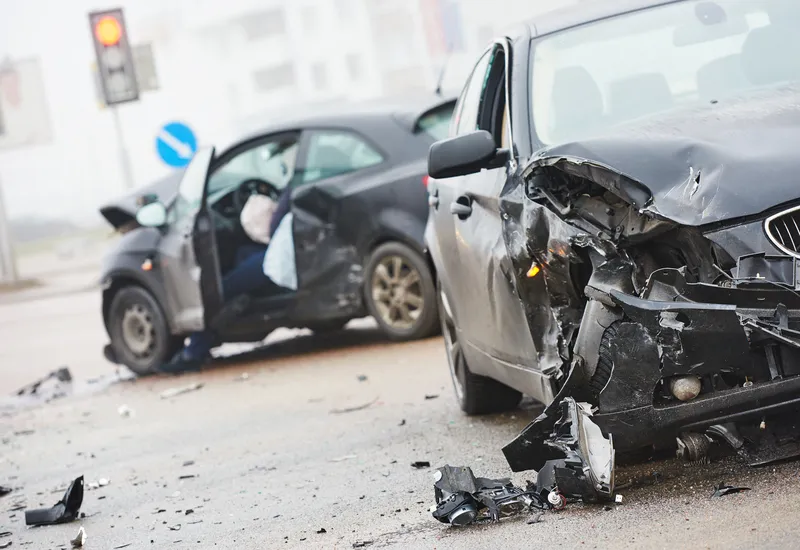The six-week trial will start later this month as part of a continued drive to improve road safety in the capital. Four buses will be fitted with brand new pedestrian and cyclist detection software which directly alerts bus drivers when pedestrians and cyclists are moving close to their vehicles, helping to reduce collisions.
TfL is trialling two systems, CycleEye from Fusion Processing and Cycle Safety Shield from Safety Shield Systems Limited.
CycleEye is advanced cyclist detection technology which uses both radar and optical technology to detect cyclists in close proximity to vehicles and the system audibly alerts the bus driver to their presence. Cycle Safety Shield is able to detect pedestrians, cyclists or motorcyclists in close proximity to vehicles, giving a visual warning and then an audible alert to the driver.
The bus routes have been specifically chosen for the trial because of the high number of pedestrians and cyclists that use these bus routes. A report detailing the findings of the trial and suggested next steps will be available later this year.
One of TfL's top priorities is to reduce the number of people killed or seriously injured on London's roads by 40 per cent by 2020.
Bus trips account for over a quarter of all road journeys in London but buses and coaches are involved in only eight per cent of road collisions resulting in an injury. Recently published figures for 2013 show the number of cyclists and pedestrians killed or seriously injured (KSI) in a collision involving a bus or coach in the capital fell by 38 per cent and 22 per cent respectively compared to 2012, with pedestrian KSIs almost halving and cyclist KSIs falling by 40 per cent in the last six years.
Isabel Dedring, deputy mayor for Transport, said: "This is another great example of London leading the way by using the latest innovative technology to further improve safety for every road user. We've seen real improvements in reducing the number of accidents on our streets involving buses and if this trial proves successful we'll look to roll it out further across London's fleet."
TfL’s managing director for Surface Transport, Leon Daniels, said: “We are all pedestrians, and the number of people cycling in London is increasing, therefore it is vital that we continue to make London's streets as safe as possible. This forthcoming trial of innovative detection technology on London Buses will build on the positive trends we’ve seen in reducing serious injuries and demonstrates our commitment to making London's streets safe for all.”
TfL to trial new bus sensor technology
Transport for London (TfL) is to trial detection software to enhance bus driver awareness of pedestrians and cyclists.
The six-week trial will start later this month as part of a continued drive to improve road safety in the capital. Four buses will be fitted with brand new pedestrian and cyclist detection software which directly alerts bus drivers when pedestrians and cyclists are moving close to their vehicles, helping to reduce collisions.
TfL is trialling two systems, CycleEye from Fusion Processi
August 1, 2014
Read time: 3 mins








